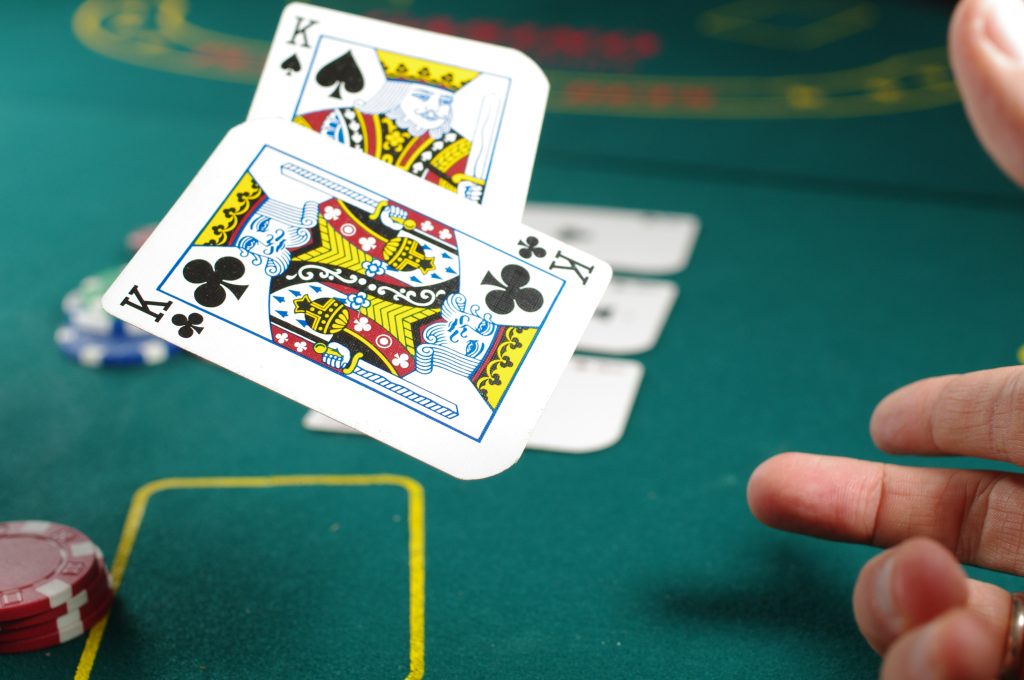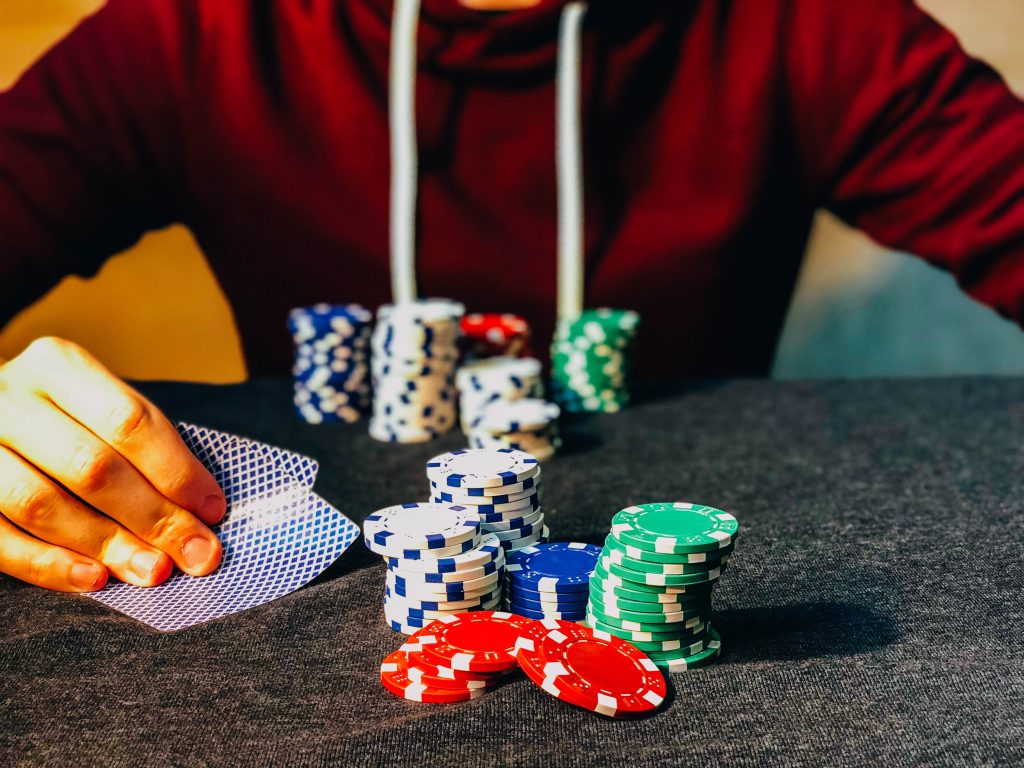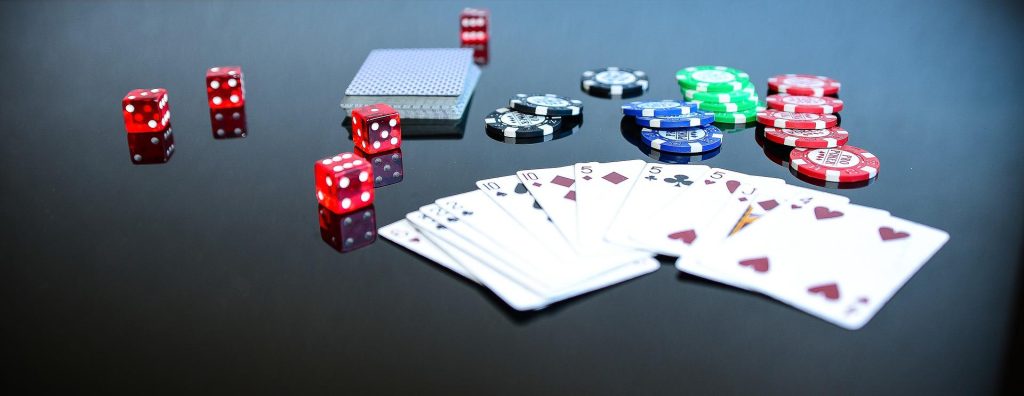
Seven years ago, I quit my job at the railroad and set out to make $45,000 a year playing poker. My poker writing career began when I realized I wasn’t going to make much as a pro. Why did things go so badly and why did things go so wrong so quickly at the tables? I asked some poker cracks why it didn’t work out and they gave me a list of 16 reasons why I and many other people will never win at poker.
1. Lack of any self-reflection
I went through a period of most intense self-reflection in my life but didn’t apply it to my playing. And when I did, I did it quietly.
I only talked to a few people about poker and there was no one there at an expert level. Even when I thought about my game, I didn’t realize what was happening.
Fedor Holz is the best player on the planet right now and this is what he has to say about self-reflection:
“I think the reason people fail at poker is the same reason they fail otherwise. It happens because they don’t reflect, especially on themselves.
There are so many levels you can work on to become a better player and many players don’t even know it because they are stuck with existing thought patterns they have adopted growing up.
As with anything else, the key is to generate value from experience. When you make a mistake, you should realize that you made one and actively improve in that area.
I see people making the same mistakes over and over again, and that brings great frustration – they can’t get out of it. Rejoice in your mistakes, because that’s how you can get better.”
Evan Jarvis, founder of ‘Gripsed Poker,’ agrees with Holz: “One of the main reasons people don’t win at poker is the lack of any self-reflection.”
2. Self-deception
Self-deception was the reason why I was not capable of self-reflection. As a beginner, I had no understanding of variance in poker.
I was the guy who won a $10 tournament on PokerStars for $10,000 and thought I was the best player in the world. In my home game, I always thought I was the best, and that self-delusion intensified when I started working in the poker industry.
I thought I was one of the best because I hung out with the best. Erik Seidel put it in a nutshell:
“The biggest danger is self-deception. Realistically assessing your weaknesses and strengths is the most important thing of all.”
3. Lack of honesty
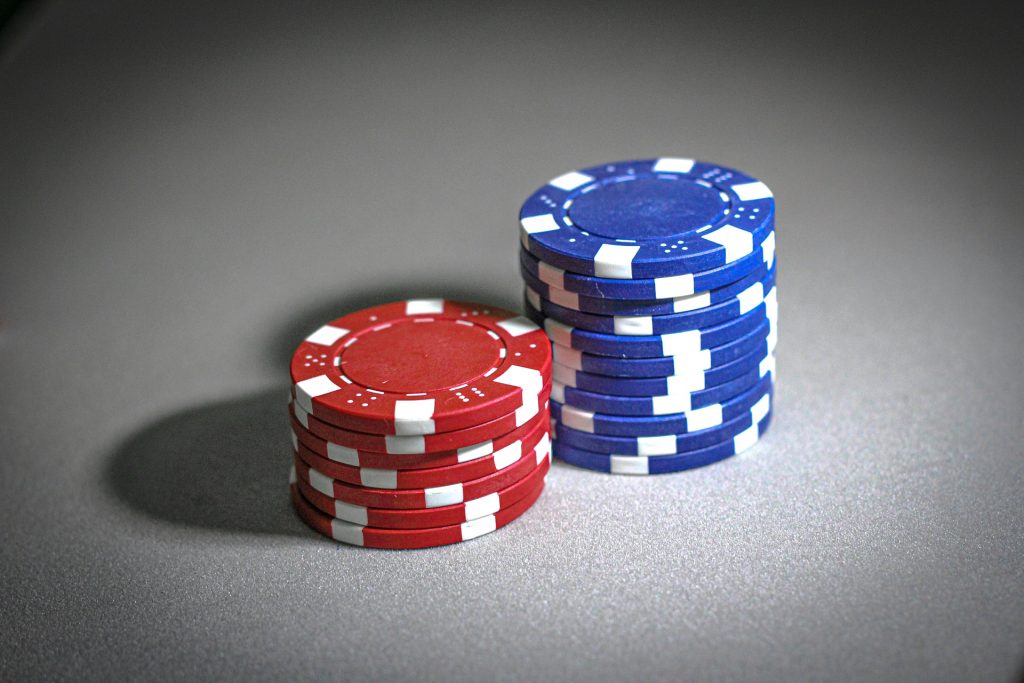
Why this self-deception? It was the lack of honesty. It took me years to understand the power of my vulnerability.
I was recently at a dinner in San Marino with Andrea Dato and he told me how he used to discuss hands with his friends, changing details so he wouldn’t look so stupid.
At that moment, he felt ashamed of his game, and I felt the same way when I had the opportunity to discuss my hands with professionals.
As a writer, I had my insecurities anyway and saw myself far below them on the career ladder. I didn’t want to reinforce that by presenting myself as a fish.
I failed because I was not honest with myself. I knew something was wrong. I knew I wasn’t going to be okay. I knew I had to invest in this dream and I didn’t want to do the hard work.
I knew that and still did nothing. I wish I’d had a chat with Joe Beevers, the winner of the ‘Poker Million’:
“When you asked me why most people lose at poker, I got to thinking. If you asked 100 players in your local cardroom ‘Do you win at poker?’ what would they say?
If you were to ask them ‘What percentage of players win anyway?’ How would they answer that?
The first answer would probably be ‘I’m doing okay’ or ‘I’m winning a little bit. The second answer would probably be ‘5 to 10 per cent. But both can’t be true, most people cheat themselves.
Why is that? I don’t know, but anyway, that’s why most people will never win at poker. They’re not honest with themselves.”
4. Not unlocked
There were so many reasons that I would never make it as a poker pro. But I didn’t realize any of those reasons because I didn’t have an open mind. I always knew everything better.
I was not willing to learn. I was inflexible. I had won $10,000 in an online tournament and that was it. What else could I learn?
“Merely being ignorant is not as bad as being unwilling to learn,” Benjamin Franklin once said.
“Being open to everything and flexible is the real challenge,” said Highroller Pope Erik Seidel.
5. Ego
Where can this bigotry come from? From my ego, of course. I thought about Philipp Gruissem and his decision to change the reasons he plays poker and help others. For example, I should have played poker to help others get away from their alcohol addiction.
Instead, it was all about me. My ego was a suicide bomber doing its job in my chest. I should have left my ego at the door. In the same vein, Adam “Roothlus” Levy:
“The biggest obstacle to becoming a good poker player is having too big an ego. You have to leave your ego at the door if you want to win.
No one cares at the poker table if you’re a celebrity, a billionaire, or anyone else. So don’t let that influence you.”
6. Lack of discipline
Lack of discipline was a huge problem for me. When I won, I told myself that I had to keep playing. When I lost, it was the same. I was chasing the money, I was making decisions that I knew were -EV.
For a long time, I had a note in my wallet on which I wrote down that I had to be patient, that I had to fold and that I had to choose my spots well. I never stuck to it, it was one big disaster.
Dan O’Callaghan says, “Far too many people have these “fuck it” moments or have stupid excuses, like they’re not cut out for the post-flop game, to justify bad decisions.
I once read a quote: ‘It’s not enough to be the best player, you also have to play well.’ It’s brilliant advice that we should all follow, but only the best succeed.”
7. The happiness paradox
Do you think you’re the unluckiest poker player on the planet? No, of course, I am.
Throughout my experiment, I focused only on my bad luck. I hated it when I read about someone having rived another straight or the like. And I wasn’t alone in that.
During my last trip to the WSOP, Twitch star Dylan Horting revealed to me that he became increasingly bad-tempered as he watched Fedor Holz win one coinflip after another at the final table of the “One Drop.”
Evan Jarvis told me that his biggest weakness is that when he was successful, he thought it was pure luck. If you want to win at poker, you have to understand the luck paradox.
“Most people think they’re infinitely more unlucky than everyone else,” said European Poker Tour (EPT) champion Niall Farrell. “They don’t recognize the logical flaws in their thinking and they don’t get better.”
8. Lack of responsibility
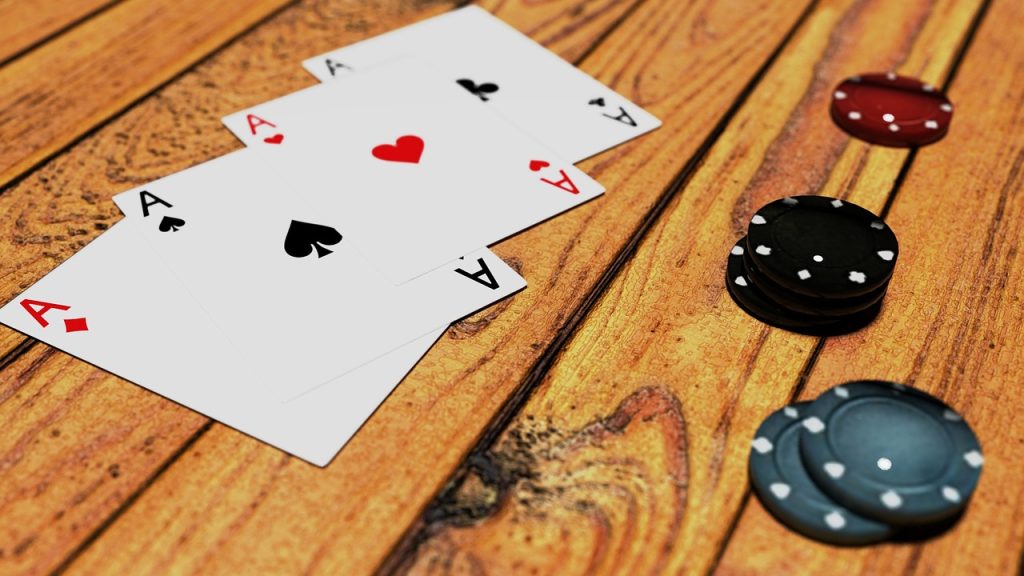
If you don’t understand the happiness paradox, you will also lose your sense of responsibility and blame everyone but yourself.
I didn’t take 100% responsibility for my actions at the time. I blamed everyone – the deck, my environment, and especially the idiotic plays of my opponents.
WSOPC gold ring winner Darryl Fish: “One of the main reasons people lose at poker is because they don’t take responsibility. Bad results are attributed to variance, while good ones are always attributed to one’s skill.”
9. Lack of learning
I was not a winning player when I tried to become a pro. I was simply playing. This was a clear sign that studying game strategy should have been my top priority – but it was not.
While my love for the game ensured that I played the entire time, I was completely unbalanced.
In his book “Outliers,” Malcolm Gladwell describes studies by K. Anders Ericsson and claims that you have to invest at least 10,000 hours in something for it to be mastered. And that doesn’t mean 10,000 hours of just playing, you also have to learn.
This is one of the reasons why online players were able to quickly keep up with greats like Doyle Brunson. They were able to play many more hands in a very short time than before.
But to be among the best, you have to integrate effective learning processes into your routine. HUDs, hand conversations, and online training courses are all examples of how you can work on eliminating your weaknesses outside of the game and recognizing them in the first place.
EPT champ Rupert Elder: “I think a lot of players don’t win because they’re just not interested in studying the game and just want to have fun.”
PokerStars contract player and gold medalist Fatima Moreira de Melo: “I think that people who don’t win at poker are just not willing to learn about all aspects of the game.”
10. Wrong learning
Even if you understand that learning is exceedingly important, you have to learn the right things. I have always learned on online sites.
I watched Phil Galfond play high-stakes cash games at four tables at once and wanted to do the same. I learned the basics of my poker game from top pros teaching other top pros.
I was a fish and because of that, however, I needed training that was geared towards fish.
I then picked up so many bad habits and had no basics at all because guys like Galfond naturally assume you have them before you watch your video.
Rupert Elder comments, “Many of those who study the game don’t get much out of it because they learn the wrong thing, and in poker, in particular, there’s a lot of misunderstanding and disinformation.”
Evan Jarvis: “Investing energy in the wrong aspects and letting the game’s moments of happiness go to many people’s heads leads them to already not understanding the foundations of the game and having unrealistic expectations. This leads to emotional frustration.”
Dominik Nitsche: “A lot of coaching videos today still don’t teach players how to play correctly.”
11. Mathematics
I have never aligned my game with mathematics. I knew roughly what to do in certain situations, but in the long run, my lack of mathematical foundations would always have a negative effect.
I hated it in school and poker, my mind closed to this matter. Not a good start, says ‘Flying Dutchman’ Marcel Luske:
“Poker is math. Without math, there would be no poker game and no skill.”
12. One size fits all game
I then developed a style of play based mainly on my position and starting hands that I had read about on online sites were good.
With time I also paid attention to the stack sizes but I always failed to adapt to the playing styles and emotions of my opponents.
People keep telling you that there are no universal rules for good play in poker. I had developed a terrible “one size fits all” style.
Roberto Romanello recognized this: “I think for me the most important point is that there are so many people who do not adapt their game at all to the different tables and people.
A lot of these players just look at their cards and play them the same way every time, whether they’re sitting across from an extremely aggressive player or an absolute ‘rock.’ Adapting to each player is important.”
13. Loss of emotional control
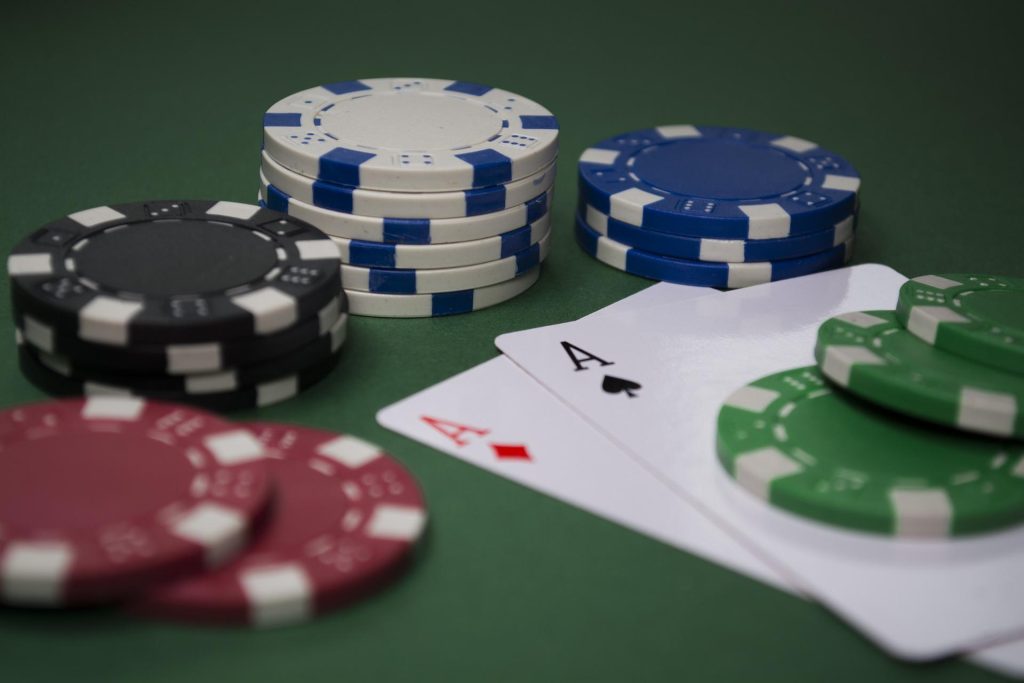
As I said before, I was a total fish. I lost a lot of money on tilt – just like most other losers. That’s a very big issue in poker.
14. bankroll management
My biggest mistake was that my bankroll wasn’t big enough for the games I played.
15. The wrong measure of success
How do you know you’ve succeeded? You can’t control what you can’t measure.
I saw the money I earned as the measure of my success. Unfortunately, that meant that if I played badly and still got lucky, I counted that as success.
But these are not the indicators by which you judge the quality of your game. You can’t improve if you always look at the wrong things, says Dominik Nitsche:
“Another important factor is that many people approach the game incorrectly and put too much weight on recent results.”
16. Rake
I never attached much importance to the rake. I wouldn’t have been able to tell if it was affecting me or not. That probably says it all.
Multiple bracelet winner Dutch Boyd: “The reason most people don’t win at poker is the rake. Modern poker is no longer a zero-sum game; in fact, the balance is negative. The big casinos create an environment where most players lose.
After the casinos and cardroom operators have taken their money, there’s not much left. Maybe in the future, more money will come from sponsors and then it would be more worthwhile.”
Dominik Nitsche: “It’s like the game that many have to lose for one to win big. That’s just how it works. If you then add in the rake, it’s not enough to just be better. You also have to beat the rake.”
Bonus reason: You are playing at the wrong casino
It is important – especially if you play online and have a choice – to choose the right poker room. Better bonuses, weaker players, easier games – you can have all that in one room, but not in the other.
We have tested the best poker sites:
Conclusion
So there you have it, the 16 reasons why you can’t win at poker. All of them certainly played a role in my downfall, but the most important thing is to learn from your own mistakes.
I don’t play much poker these days. But when I do, I make fewer mistakes.
I have also learned to stop making many potential mistakes in my life. I have also grown as a individual as a result.
When I look back on the decision to quit my job to become a professional poker player, I still consider it a complete success.
